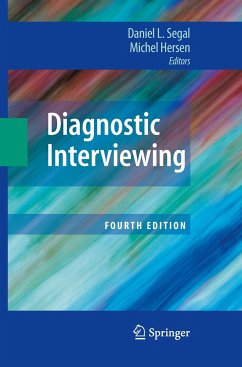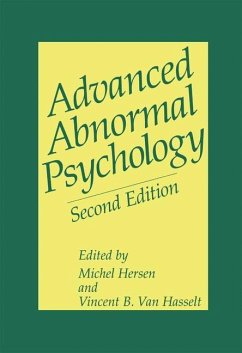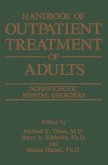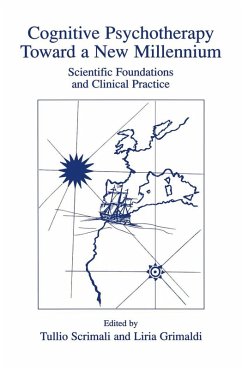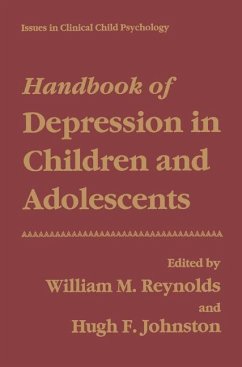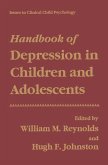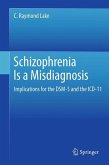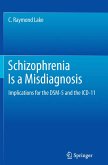A cornerstone of the professional relationship and a vital prerequisite to treatment, the diagnostic interview sets the tone for the therapy to come. It can also be a source of anxiety for beginning practitioners-and even for established ones working in new settings or with unfamiliar populations.
This Fourth Edition of Diagnostic Interviewing breaks down the interview process over a wide range of clients and problems, creating a straightforward practical guide for beginning clinicians and an invaluable source of information for more seasoned therapists. Completely revised and updated to reflect diagnostic standards according to the DSM-IV-TR and the latest innovations in theory and practice, the book offers a wealth of useful interviewing approaches and techniques, and emphasizes the individuality of each client. The format of the earlier editions has been retained, with descriptions of the disorders, case illustrations, recommendations for assessment, standardized interviewformats, discussion of sociocultural considerations, and other pertinent information. Readers will be able to approach the clinical art as well as the science of clinical and diagnostic interviewing with enhanced skills and confidence.
Highlights of the coverage: Interviewing strategies, rapport building, and the role of empathy, the mental status examination, consideration of neuropsychological factors in interviewing, dealing with interviewee defenses and defensiveness, specific disorders, including anxiety disorders, mood disorders, personality disorders, eating disorders, substance abuse, PTSD, and schizophrenia, special populations, including marital dyads, abused children, couples, and older adults.
As with its predecessors, this book is a trusted resource for all psychologists, psychiatrists, and other practitioners using the interviewing process in diagnosing clients. Additionally, Diagnostic Interviewing, Fourth Edition, also serves as a bedrock text for the instructor and the student.
This Fourth Edition of Diagnostic Interviewing breaks down the interview process over a wide range of clients and problems, creating a straightforward practical guide for beginning clinicians and an invaluable source of information for more seasoned therapists. Completely revised and updated to reflect diagnostic standards according to the DSM-IV-TR and the latest innovations in theory and practice, the book offers a wealth of useful interviewing approaches and techniques, and emphasizes the individuality of each client. The format of the earlier editions has been retained, with descriptions of the disorders, case illustrations, recommendations for assessment, standardized interviewformats, discussion of sociocultural considerations, and other pertinent information. Readers will be able to approach the clinical art as well as the science of clinical and diagnostic interviewing with enhanced skills and confidence.
Highlights of the coverage: Interviewing strategies, rapport building, and the role of empathy, the mental status examination, consideration of neuropsychological factors in interviewing, dealing with interviewee defenses and defensiveness, specific disorders, including anxiety disorders, mood disorders, personality disorders, eating disorders, substance abuse, PTSD, and schizophrenia, special populations, including marital dyads, abused children, couples, and older adults.
As with its predecessors, this book is a trusted resource for all psychologists, psychiatrists, and other practitioners using the interviewing process in diagnosing clients. Additionally, Diagnostic Interviewing, Fourth Edition, also serves as a bedrock text for the instructor and the student.

